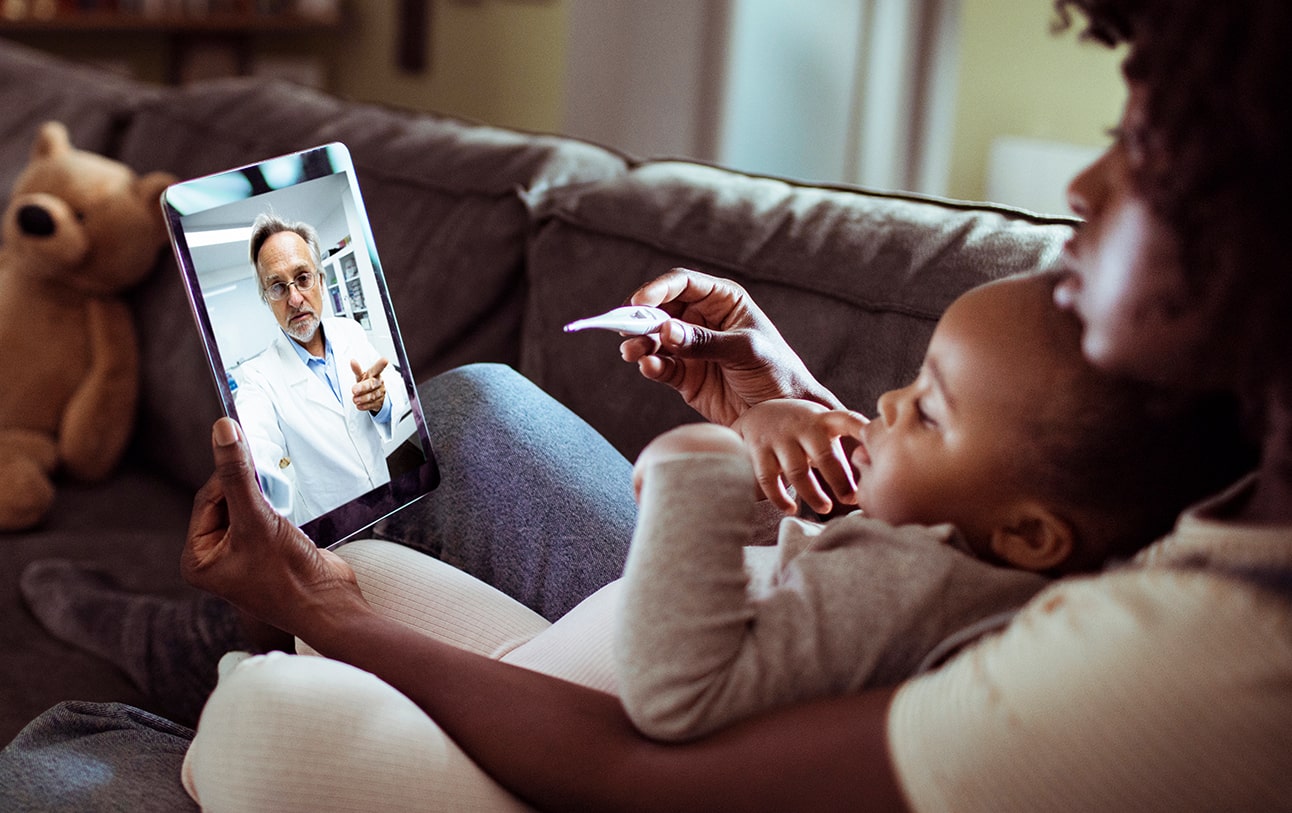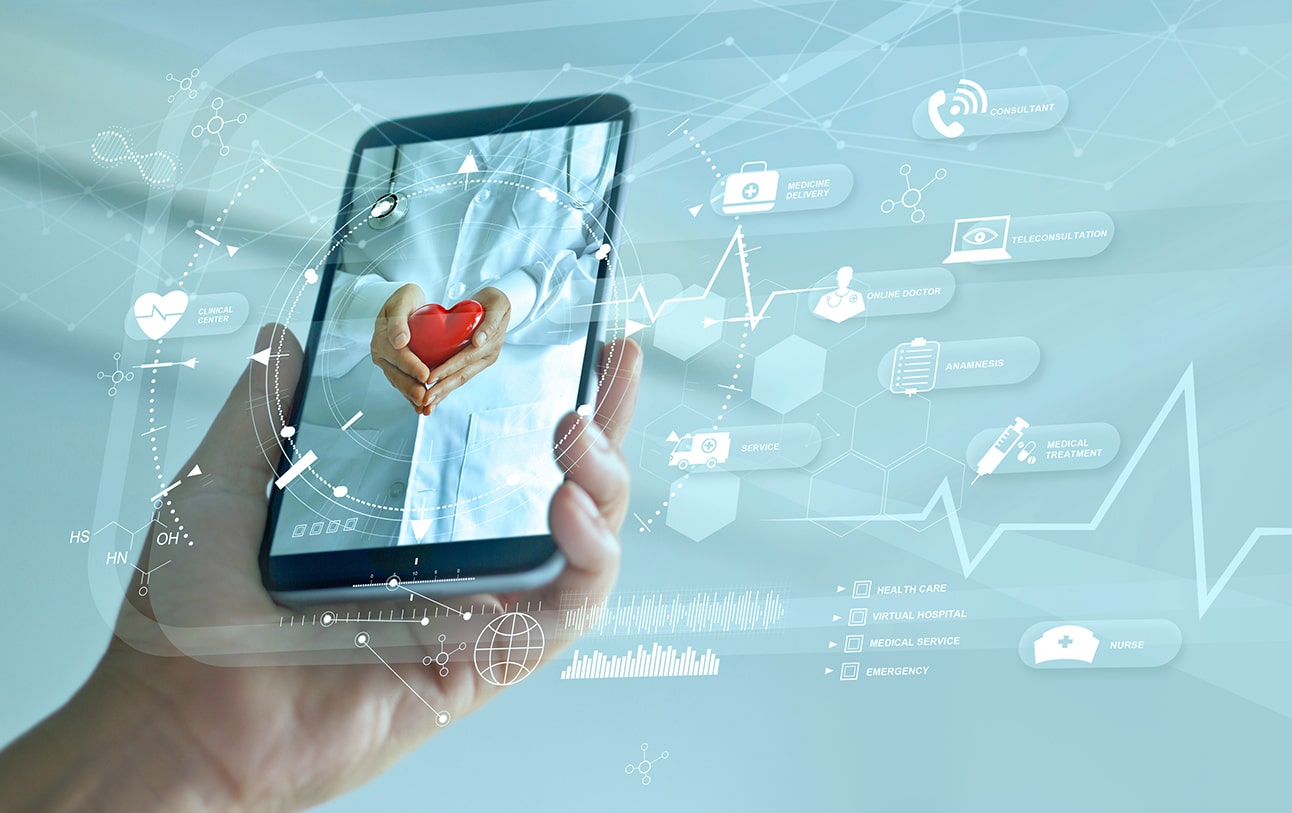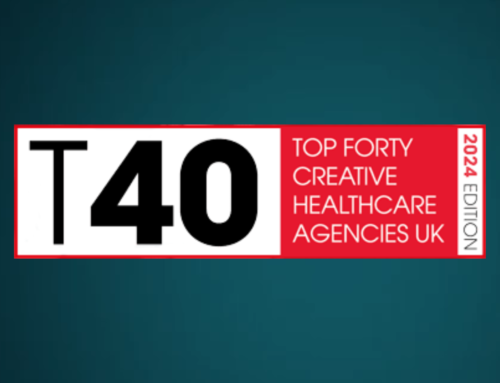
Data has shown that as a society, consumer and business digital adoption moved forward five years in the space of eight weeks1 when the COVID-19 pandemic hit. For most, virtual ways of working and delivering services were not just desirable but essential. Healthcare has been no exception to this, and for IGNIFI in 2020, our focus was supporting our clients with their rapid digital transformations.
This fast-paced digital adoption has led to changes in consumer preferences and how they interact with brands. For certain age groups, this was not a difficult process, and it has only strengthened the expectations they place on brands for digital experiences, even as lockdown restrictions ease.
In our latest blog, we look at the Millennial generation and discuss why for marketers the demand for digital services and campaigns will remain as important as ever to this demographic as we move through 2021 and beyond.
So who exactly are Millennials?
“Millennial” is a label that has been used interchangeably to describe a younger demographic or those reaching early adulthood in the early part of the 21st century. Google the term “Millennial” and you will find contrasting definitions based upon year of birth. The most agreed upon definition for research purposes is that anyone born between 1981 and 1996 (ages 24 to 40 today) is considered a Millennial.2
It is estimated that 23% of the world’s population is part of this Millennial demographic.3 This is a lucrative target audience for marketers, characterised by their increasing buying power and decision-making responsibilities within the workplace. Millennials are widely thought of as digital natives, however for older Millennials, they were not born into the digital era, they migrated into it and have driven the adoption of technology forwards, both in their personal and professional lives.
Why are Millennials such an important generation for marketers?
Studies into brand loyalty carried out in 2015 claimed Millennials were the most brand loyal generation, and the sooner the deep connection is built with a business, the more likely Millennials will be to continue to purchase from that business.4
More recent research has found the opposite, that Millennials are more likely to switch brands than any other generation, with only 29% claiming to in fact be brand loyal.5 Brand marketers should be conscious of their efforts to create an experience that promotes brand loyalty but should also be aware of the opportunities to encourage Millennials to switch to their brand.
Millennials are more likely to be loyal to brands they consider authentic and aligned with their values. A study carried out at the end of 2020 claimed 60% of Millennials will stay brand loyal if they agree with the fundamentals of brand messaging.6 Creating solid brand values, communicated through digital content and strategies is therefore an essential consideration for healthcare marketers targeting this age category.
What are the digital behaviours of Millennials that marketers should be aware of?
Informative inbound marketing is important.
Millennials support businesses and brands they feel are dedicated to improving their customers’ lives with informative content online. The brands that get ahead in this space are the ones that create strong brand values, authentic and purposeful content, which is individually personalised in its messaging.
For healthcare brands regulated by the ABPI code of practice this looks very different to those marketing health and lifestyle-based products able to mention their brand name to consumers directly. Therefore, for brands marketing prescription medication to HCPs it is advisable to provide content that satisfies the direct needs of the HCP but also can provide compliant content to support pre and post prescription patients’ needs too.

Video content is very important to Millennials, 56% of this demographic say they find video the most engaging form of digital content. 7 Even better news for video marketers, Millennials on average have a longer attention span than their younger but also digitally savvy Gen Z counterparts,7 meaning you get more time to demonstrate your value proposition.
Video content works best for educational and awareness campaigns rather than traditional outbound marketing techniques simply selling the benefits of a product or service. The marketing mantra to follow with Millennials is: “show not sell”, since they consider themselves digitally connected and 84% of this demographic claim they do not trust traditional advertising messaging.8
Blogs, whitepapers, and help guides in digital formats are also very popular with Millennials. Thought leadership and expertise is critical to gain trust and credibility within the healthcare arena and with HCPs. Content developed for all digital channels should be supported by evidence-based information.
Ensure that all aspects of the experience are digitally convenient.
Research carried out over the last few years has shown that 93% of Millennials use a smartphone device9 – 3.7 hours or more a day on average,10 therefore as expected there is a demand for digitally convenient services and materials they can access directly from their smartphone. 36% percent of all online purchases come from this age group,11 so from ecommerce to education this generation is a driving force influencing businesses to provide fully digital experiences.

Mobile responsive sites and apps are incredibly important to this demographic with 1 in 5 Millennials exclusively using a smartphone or tablet to access the internet.12 For marketers it is important to consider platforms and apps that allow sign up forms to be completed on a mobile device, or documents to be signed and returned on the go. Within healthcare, platforms and apps that support appointment booking all the way through to a virtual consultation from the convenience of a smartphone have been very popular with the Millennial generation.
Millennials are comfortable using apps especially for health and lifestyle related activity on the go. Examples of this are popular mainstream apps such as MyFitnessPal for logging daily nutrition and exercise, Headspace for meditation, or the Sprout app to track pregnancy and for pregnancy related education. Therefore, consider in your marketing strategy how you can use apps to support your brand goals and add value to your digital proposition.
Invest more in social media efforts.
Over 50% of Millennials use social media to research brands, products and solutions.13 For health-related brands not restricted by the ABPI code of practice, social media is a significant channel of opportunity to create campaigns that include user generated content, reviews and two-way conversations with their audience to help build their brand identity and an authentic social media presence.
For marketers and brands regulated by the ABPI code of practice, social media should still be a key consideration and investment as part of a marketing strategy to a Millennial audience. This can include advocating unbranded health related awareness or educational campaigns aimed at the end user to encourage them to contact an HCP about a particular issue or concern.
Paid social media campaigns can also be a channel for regulated healthcare marketers to consider when targeting HCPs directly, since 4 out of 5 Millennial doctors claim to use social media to read medical news updates.14 It is possible to utilise paid social media for HCPs, providing these campaigns involve many strict HCP specific variables when building targeted audiences for the paid ads to be tested and served to, ensuring they cannot be seen by the general public and follow the social platform guidelines.

What does this mean for brands in 2021?
As we move through 2021 and restrictions ease, we expect to see some healthcare services and campaigns revert back to more traditional channels rather than the online-only approach of the last year. However, the pandemic has changed the digital landscape forever, demonstrating to both brands and consumers how much demand we have placed on technologies and virtual services to go about our everyday lives.
It’s not just Millennials who have become more digitally demanding. Healthcare brands need to ensure the digital experience is a key consideration when developing their post pandemic marketing campaigns for all generations.
If you’re looking for a digital edge to adapt your brand campaigns to the millennial generation, please get in touch.








